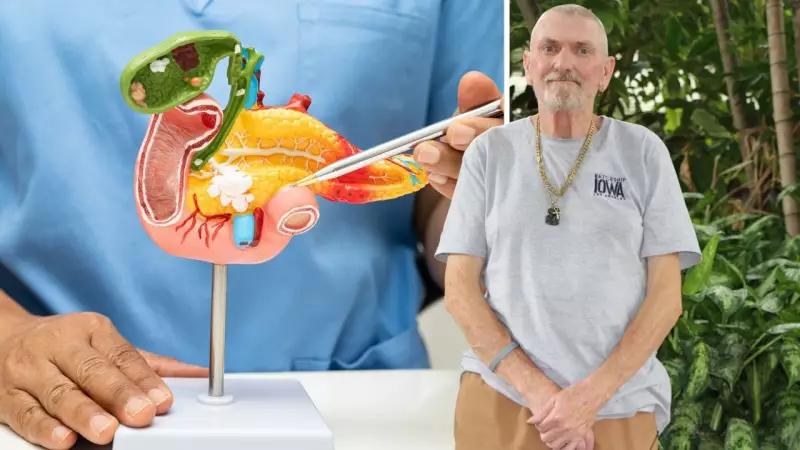
A Townsville father has issued an urgent warning to Australians after receiving a devastating liver cancer diagnosis that gave him just two years to live. Troy Atherton, a 43-year-old local resident, discovered he had advanced liver cancer despite feeling completely healthy, highlighting what doctors call a "silent killer" that shows few symptoms until it's too late.
The shocking diagnosis that changed everything
Troy Atherton's life turned upside down in February when what he thought was a routine health check revealed something much more serious. The active 43-year-old had been feeling perfectly healthy with no obvious signs of illness, making the diagnosis even more devastating.
Doctors discovered Atherton had hepatocellular carcinoma, the most common type of primary liver cancer, which had already reached an advanced stage. He was given approximately two years to live, a prognosis that shocked his family and friends.
The Townsville man's condition was linked to hepatitis C, which he had contracted decades earlier. Like many Australians, Atherton had lived with the virus for years without realizing the damage it was causing to his liver.
Understanding the silent killer
Liver cancer has earned its reputation as a silent killer because symptoms often don't appear until the disease has progressed to advanced stages. More than 2,000 Australians die from liver cancer each year, with many cases preventable through early detection and treatment of underlying conditions.
Hepatitis C represents one of the leading causes of liver cancer in Australia. The virus causes inflammation and scarring of the liver, which can eventually lead to cirrhosis and cancer if left untreated.
"I had no idea the hep C was still in my system," Atherton explained. "I thought I'd beaten it years ago, but it was slowly destroying my liver the whole time."
A life-saving plea for early testing
Atherton is now using his limited time to spread a crucial message about early detection and prevention. He urges all Australians to get tested for hepatitis C, especially those who may have been exposed to the virus through blood transfusions before 1990 or other risk factors.
Modern treatments for hepatitis C have revolutionized care, with new medications offering cure rates above 95%. Unlike older interferon treatments that caused severe side effects, today's therapies are simple, effective, and well-tolerated.
"If I'd known to get tested earlier, I could have been cured of hep C before it turned into cancer," Atherton said. "Now I want to make sure nobody else makes the same mistake."
The Townsville father is also advocating for regular liver health checks, particularly for those with known risk factors including previous hepatitis infection, excessive alcohol consumption, or family history of liver disease.
As Atherton faces his remaining time with courage and determination, his story serves as a powerful reminder that some of the deadliest diseases often show no warning signs until it's too late for easy treatment.





